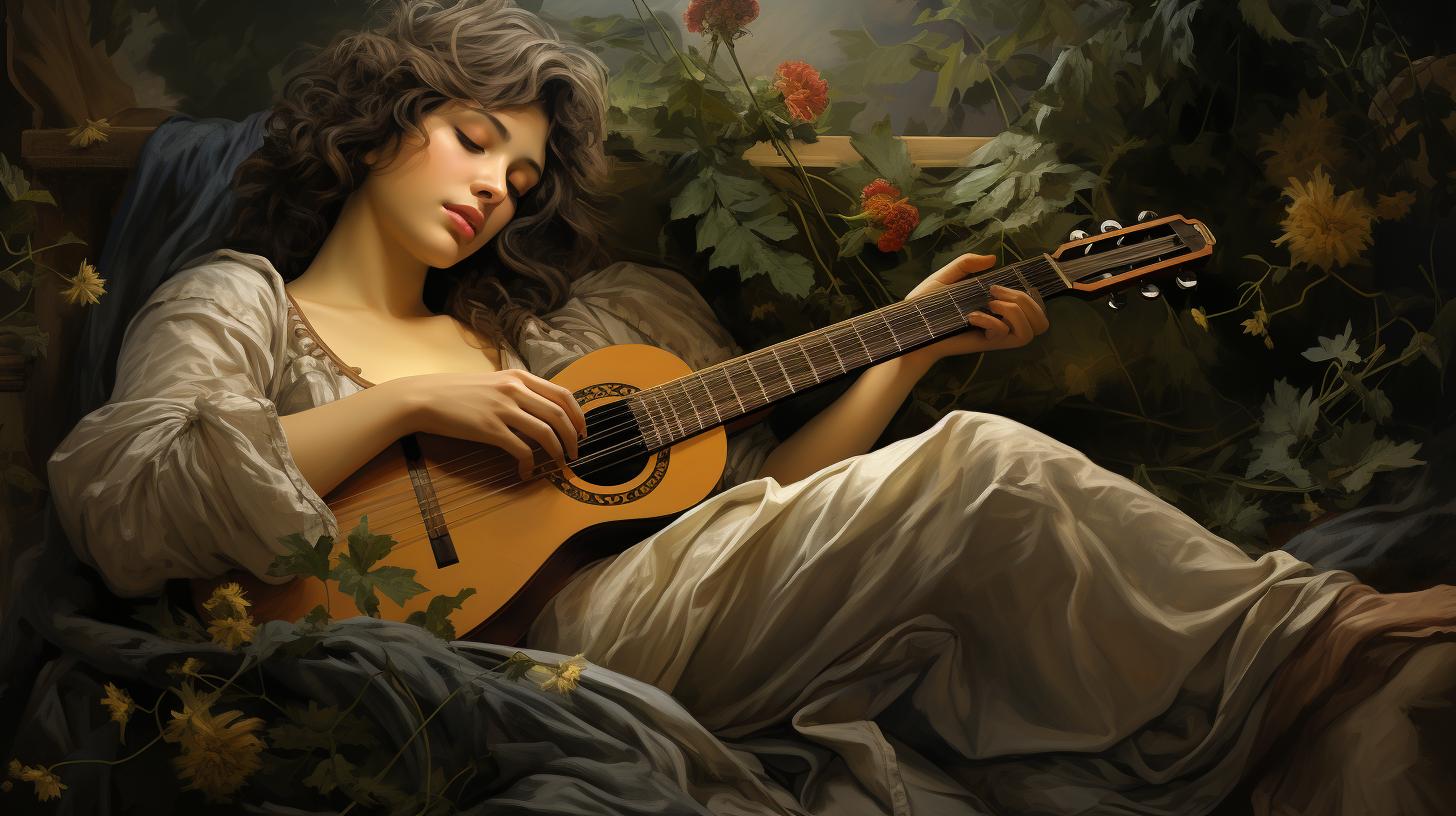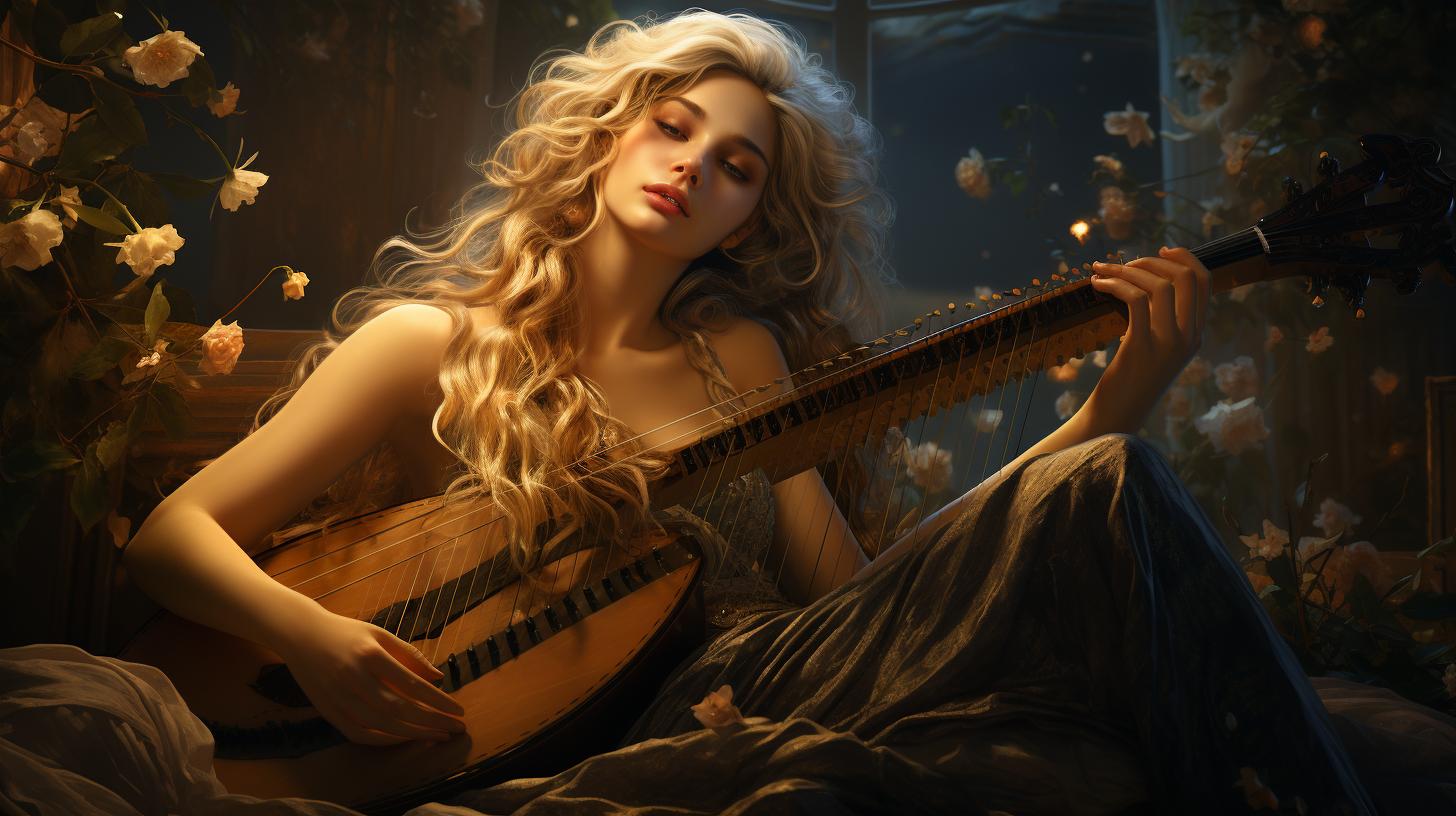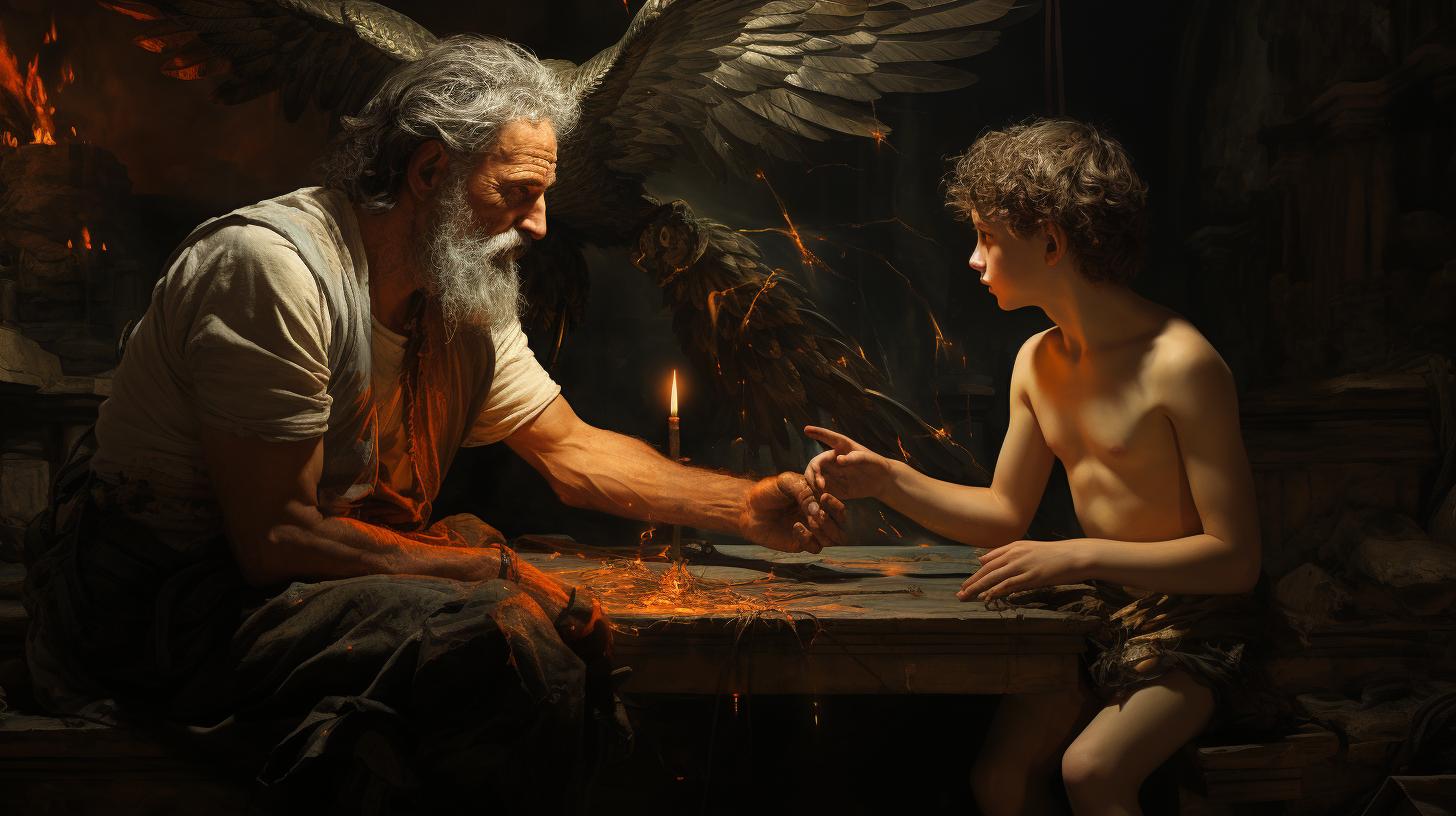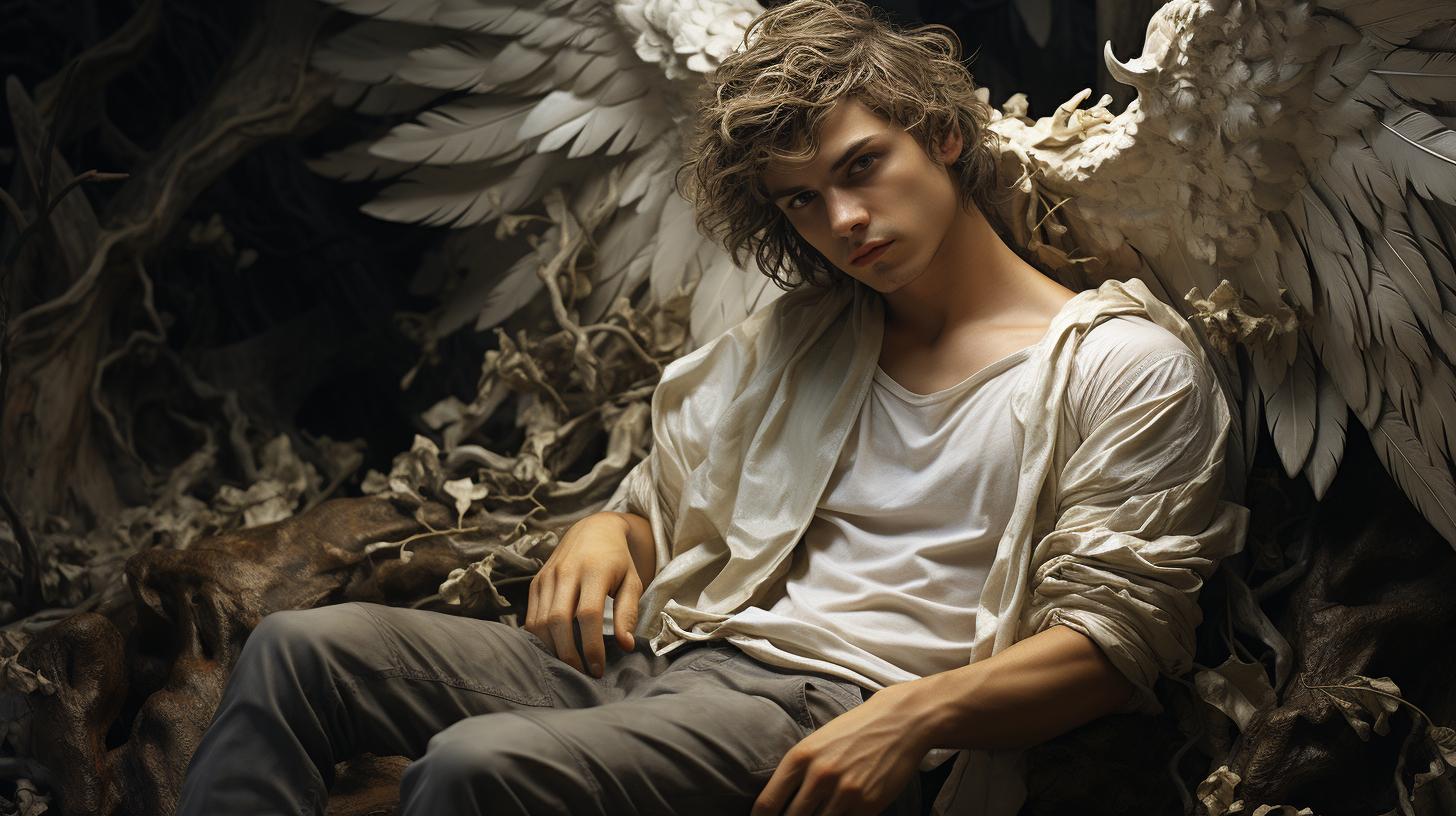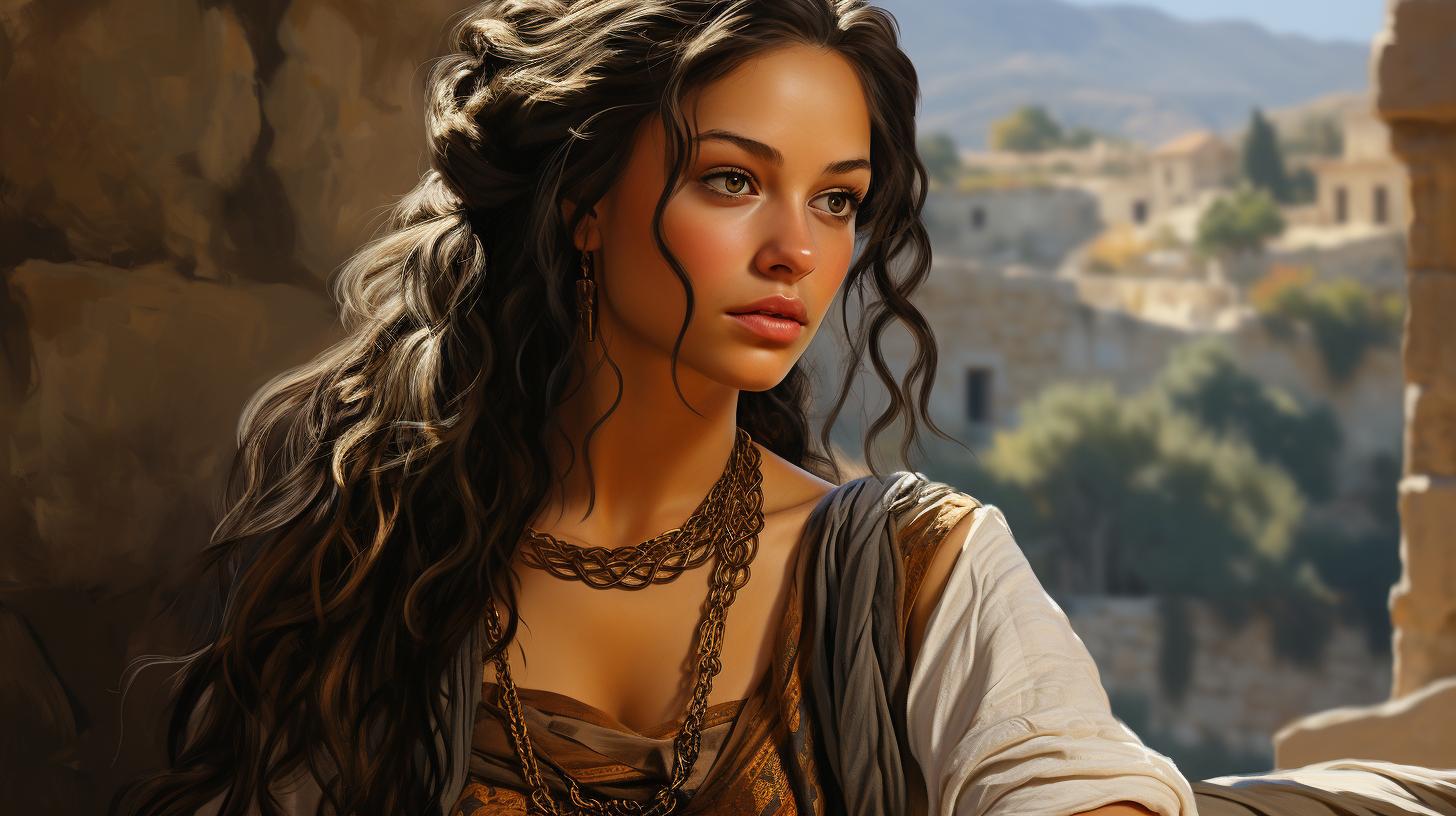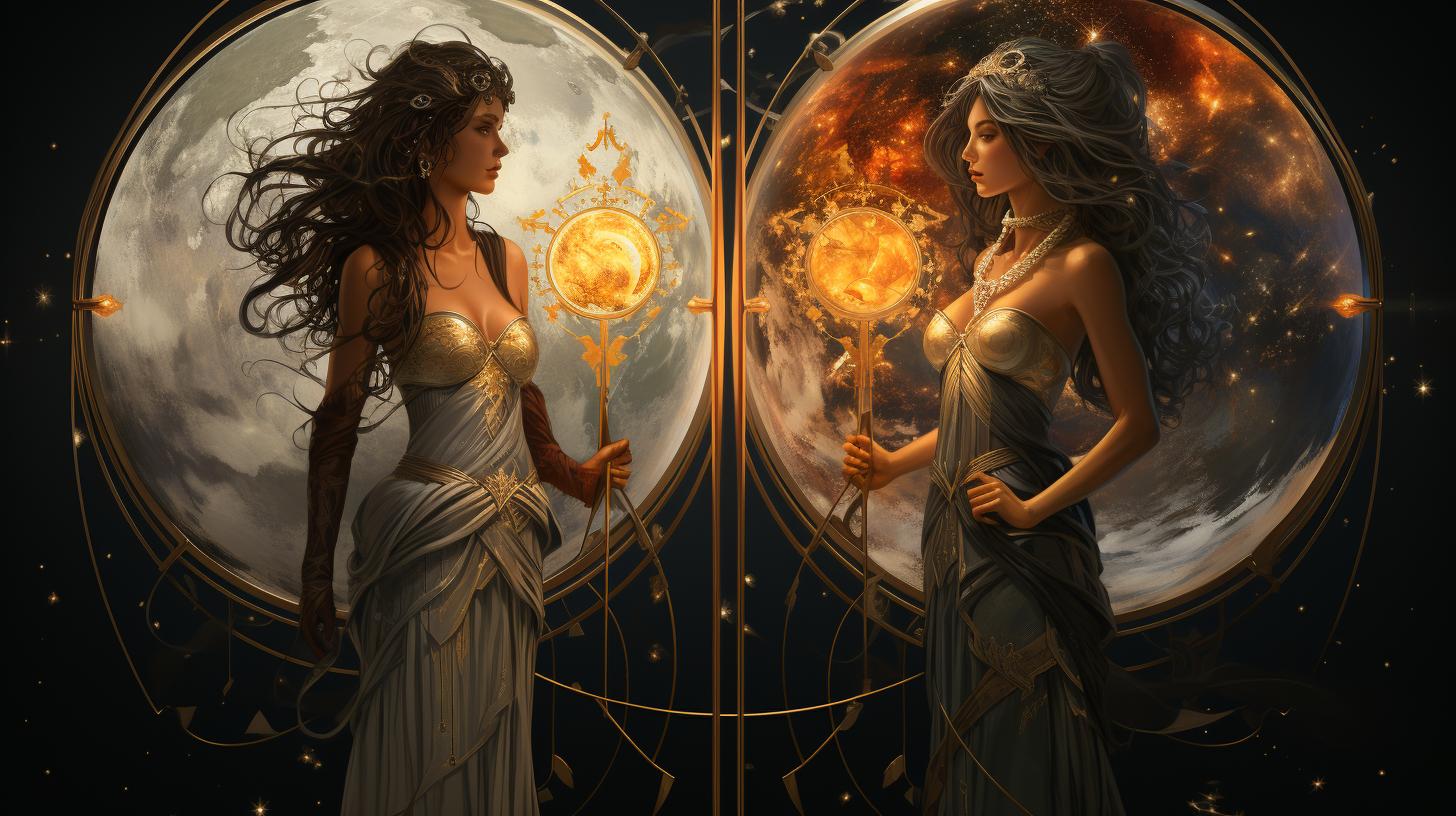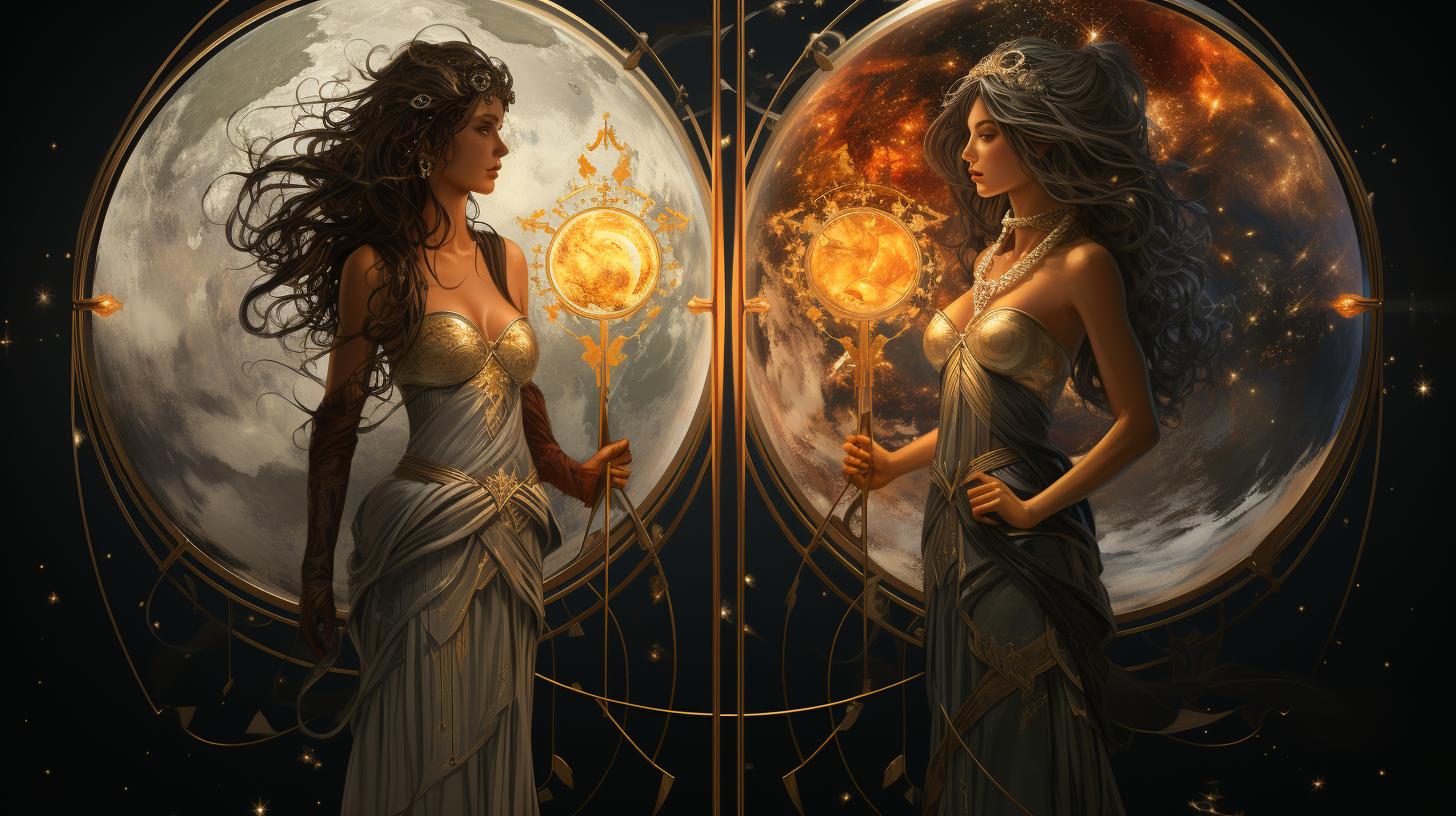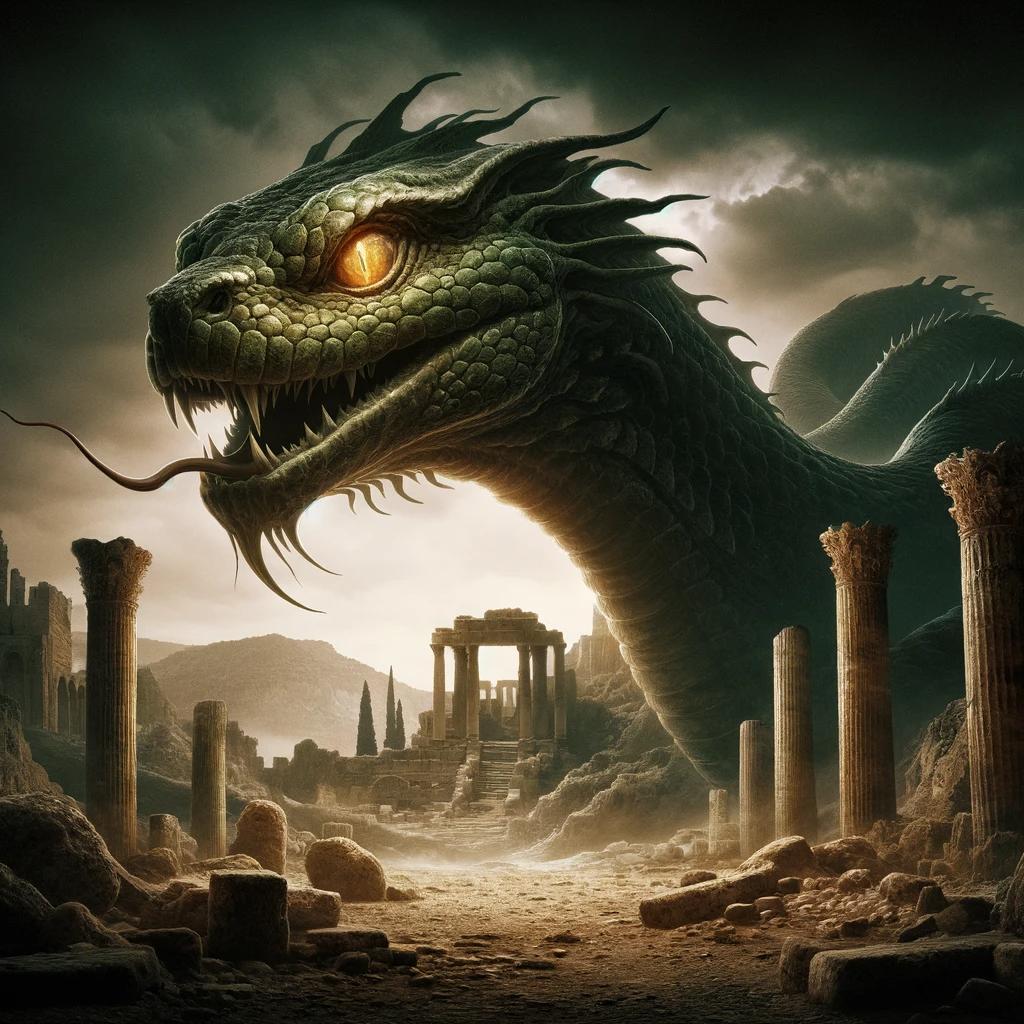Who is Calliope in Greek Mythology: Exploring the First Muse’s Role and Origins

Calliope, the first of the Muses in Greek mythology, is revered as the goddess of music, eloquence, and poetry. As the mother of Orpheus and associated with epic poetry, she holds significant importance in ancient Greek culture.
She is also known for her relationship with the god Apollo and her involvement in mythological stories and disputes. Depicted with a tablet and stylus, Calliope’s legacy endures through art, literature, and her descendants, who include kings and musical prodigies.
Explore the intriguing world of Calliope in Greek mythology through her origins, roles, relationships, and cultural representations.
Calliope: The First Muse and Her Role in Greek Mythology
Calliope holds a significant place in Greek mythology as the first of the Muses, the goddesses of music, song, and dance. She is not only revered for her musical talents but is also considered the goddess of eloquence.
Born to Zeus and Mnemosyne, Calliope possesses a divine lineage that underscores her importance in the pantheon.
Origins and Genealogy of Calliope
As the daughter of Zeus and Mnemosyne, the Titaness of memory, Calliope inherits her father’s godly powers and her mother’s connection to intellect and remembrance. This divine heritage befits her role as the Muse of epic poetry, granting her the ability to inspire and guide poets in their creative endeavors.
Attributes and Associations of Calliope
In artistic depictions, Calliope is often shown holding a tablet, symbolizing her role as the patroness of epic poetry, and a stylus or scroll, representing the written word. She embodies eloquence and is associated with the power of persuasion and the gift of speech.
Kings and princes were believed to receive her special favor and talent for speechcraft.
Calliope’s Role as the Muse of Epic Poetry
Among the Muses, Calliope is specifically assigned the sphere of epic poetry. As the primary Muse responsible for this genre, she inspires poets to create grand and heroic narratives. Her presence and influence can be seen in timeless works such as Homer’s ‘Iliad’ and ‘Odyssey,’ in which her inspiration is believed to guide the words and verses of the ancient epics.
Calliope’s role as the Muse of epic poetry elevates her status among the Muses and highlights her connection to the creation of profound literary works. Through her inspiration, poets are able to capture the essence of heroic tales, conveying the bravery, tragedy, and triumph found within the epic tradition.
Calliope’s Relationships and Offspring
In addition to her prominent role as the Muse of Greek mythology, Calliope is known for her intricate relationships and illustrious offspring. Let’s explore her connections and the notable individuals who trace their lineage back to her.
Calliope and Apollo: Love and Descendants
Calliope’s love affair with Apollo, the god of music and poetry, is a well-known tale in Greek mythology. From their union, two sons were born: Hymen and Ialemus. Hymen became associated with the god of marriage and weddings, while Ialemus forged his own path as a figure in ancient Greek mythology.
Other Children of Calliope: Orpheus, Hymen, and Ialemus
Besides her children with Apollo, Calliope has several other noteworthy offspring. One of the most famous is her son Orpheus, the celebrated musician and poet. Orpheus inherited his mother’s divine talent, enchanting all with his melodies and captivating storytelling.
Additionally, Calliope’s lineage includes Hymen, associated with joyful unions and marital bliss, and Ialemus, who achieved his own measure of fame in various mythological accounts.
Calliope’s Descendants: Kings and Musical Prodigies
Descendants of Calliope inherit her artistic prowess and leave a lasting impact on Greek mythology and culture.
Among her notable descendants is Resus, the king of Thrace, who played a significant role in various mythological tales. Another descendant, Linus, is credited with inventing melody and rhythm and became renowned as a skilled musician.
Throughout the generations, Calliope’s divine bloodline produced kings, talented musicians, and influential figures in ancient Greek society, reaffirming the remarkable legacy she left behind.
Calliope’s Involvement in Mythological Stories
Calliope, the Muse of epic poetry, played a significant role in various mythological stories, showcasing her wisdom, creativity, and influence.
Calliope’s Judgment in the Dispute of Aphrodite and Persephone
One notable story involving Calliope is her participation in the dispute between Aphrodite, the goddess of love, and Persephone, the queen of the Underworld, over the handsome Adonis. As a renowned arbiter of disputes, Calliope was called upon to render her judgment and settle the conflict.
Her wisdom and eloquence were instrumental in reaching a fair resolution, ensuring harmony between the two powerful goddesses.
Calliope’s Influence on Orpheus and His Musical Abilities
Calliope’s impact extends to her son Orpheus, the legendary musician and poet. It is said that Calliope bestowed upon Orpheus the gift of extraordinary musical abilities, captivating both gods and mortals with his enchanting melodies.
This divine connection with Calliope elevated Orpheus to become one of the most renowned musicians in Greek mythology, his music capable of moving stones and taming wild beasts.
Other Mythological Accounts Featuring Calliope
Besides her involvement in the disputes and nurturing the talents of her son, Calliope appears in several other mythological accounts.
She is often depicted as a source of inspiration for poets, writers, and artists seeking to channel her creative energy and eloquence. Her presence in these accounts serves as a testament to her enduring influence on the realms of literature, music, and artistic expression.
Calliope’s Depictions in Art and Literature
Calliope’s influence is not only evident in mythology but also in various art forms and literary works throughout history. Her depiction in art and literature provides insights into how she was perceived and revered by ancient civilizations and continues to inspire modern interpretations.
Visual Representations of Calliope: The Vaso François
One prominent visual representation of Calliope is found on the Vaso François, an ancient Greek vessel discovered in Etruria, Italy. The vase depicts Calliope amongst other gods and goddesses, holding a tablet and a stylus or parchment, symbolizing her role as the Muse of epic poetry.
This portrayal showcases her importance in inspiring and guiding poets in their quest for artistic excellence.
Calliope in Ancient Greek Literature: References and Interpretations
In ancient Greek literature, Calliope is often referenced as the Muse who inspires epic poets. Her name is invoked by writers seeking divine inspiration for their literary endeavors. Poets and playwrights honored Calliope, attributing their creative achievements to her guidance.
References to Calliope can be found in famous works such as Homer’s Odyssey and Hesiod’s Theogony, further solidifying her importance in the literary world of ancient Greece.
Modern Interpretations and Cultural References to Calliope
Calliope’s influence extends beyond ancient times, with her presence felt in modern art, literature, and popular culture. Artists and authors continue to draw inspiration from her beauty, grace, and artistic power.
Contemporary adaptations of Calliope can be seen in paintings, sculptures, and writings, giving her a renewed presence in the modern world. Additionally, her name frequently appears in music, films, and literature, showcasing how her legacy continues to resonate and inspire creativity across different mediums.
.

